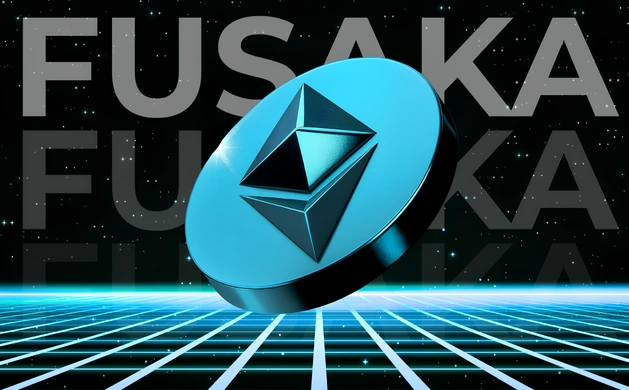US Government to Sell $130M in BTC from Silk Road
.webp)
Welcome to the 200th edition of Datawallet Daily. Here are the key stories that are shaping the crypto landscape over the last 24 hours:
- US Government Set to Sell $130M in BTC from Silk Road
- Telefónica, Helium Launch Mobile Hotspots in Mexico
- Solana Labs Unveils SPL Token Extensions
- Polygon Will Launch Interoperability-Focused AggLayer
US Government to Sell $130M in BTC from Silk Road
The U.S. government is set to auction off over $130 million in Bitcoin confiscated in connection with the Silk Road case, spotlighting a significant disposal of digital assets linked to criminal activities. The notice details two separate lots, the larger comprising approximately 2,800 BTC valued at around $129 million, and a smaller lot of 58 BTC, worth about $3 million.
These assets are associated with Ryan Farace, a convicted individual involved in a money laundering conspiracy tied to darknet transactions and drug trafficking. Farace, alongside his father Joseph, faced legal repercussions for attempting to launder and transfer these Bitcoins to foreign accounts, defying the forfeiture orders of U.S. authorities.
Adding complexity, part of the Bitcoin cache is also connected to Shaun Bridges, a former Secret Service agent implicated in the notorious Silk Road investigation. Bridges, who was sentenced in 2015 for his illicit appropriation of Bitcoin during the probe, exploited his access to government digital wallets, diverting the assets to personal accounts.
Telefónica, Helium Launch Mobile Hotspots in Mexico
Telefónica, a major telecommunications company, is partnering with Nova Labs to deploy blockchain-based mobile infrastructure in Mexico. They will leverage Helium Mobile Hotspots from the Helium Network to expand coverage in Mexico City and Oaxaca. These hotspots provide wireless network coverage for IoT devices, allowing Telefónica to extend its network reach, especially in remote areas.
Users can switch to the Helium network when in range of a hotspot, improving connectivity during peak usage. Telefónica will authenticate users via their SIM cards while maintaining control through its management system. This initiative aims to enhance coverage using cost-effective, cooperative technologies.
Solana Labs Unveils SPL Token Extensions
Solana Labs has introduced token extensions for the SPL token standard on the Solana network, enhancing its functionality similar to Ethereum’s ERC-20 tokens. These extensions enable augmented token interactions, confidential transactions using zero-knowledge proofs, and transfer fees for token swaps. Designed to facilitate business integration onto the blockchain, these extensions offer improved security, compliance, and services on the Solana network.
Anatoly Yakovenko, co-founder and CEO of Solana Labs, highlighted this development as a significant advancement for developer and user experience. Notably, Paxos and GMO-Z.com Trust Company have already implemented these extensions for issuing stablecoins on Solana.
Polygon Will Launch Interoperability-Focused AggLayer
In February, Polygon Labs is set to launch AggLayer, a protocol designed to streamline the blockchain experience. AggLayer aims to merge multiple blockchains into a unified network, simplifying user interactions. This protocol utilizes zero-knowledge proofs to connect layer 1 and layer 2 blockchains, enabling users to engage with various chains as if they were a single entity.
This innovation promises to significantly reduce the complexity of blockchain transactions, resembling the ease of using the internet. AggLayer represents a leap towards a cohesive blockchain ecosystem, enhancing both user experience and the interoperability of different blockchain architectures.
Other breaking news
- Gas Hero: $90M in NFT Trading Volume this Month
- Controversy Surrounds SatoshiVM After SAVM Issuance
- Trump’s Ethereum Wallet Holds $1.1M in MAGA Memecoin
- Judge Blocks CZ’s UAE Travel Despite $4.5B Binance Equity Offer
For the latest updates on digital asset markets, follow us on X @Datawalletcom.
.webp)
Written by
Jed Barker
Editor-in-Chief
Jed, a digital asset analyst since 2015, founded Datawallet to simplify crypto and decentralized finance. His background includes research roles in leading publications and a venture firm, reflecting his commitment to making complex financial concepts accessible.







